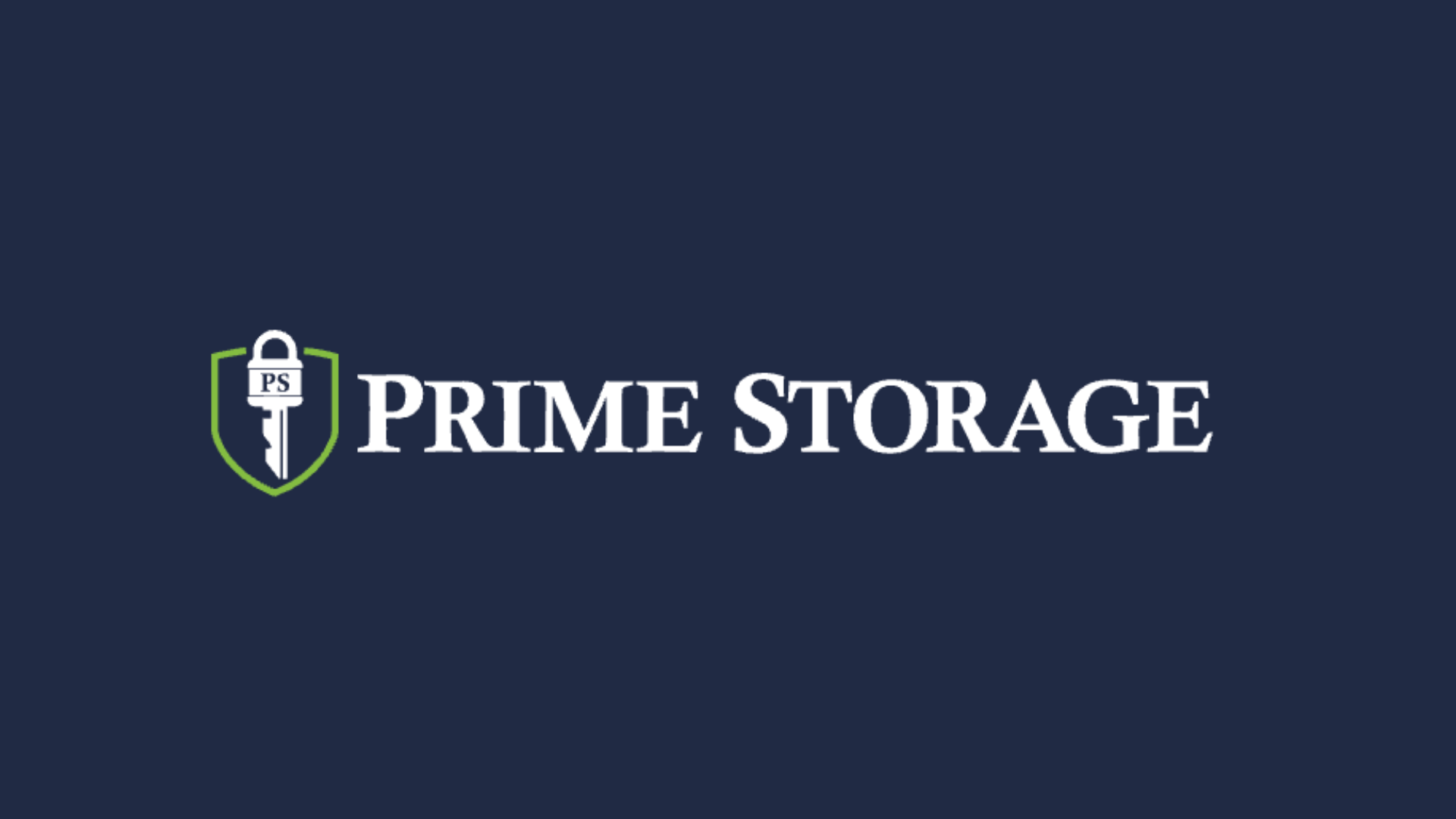uTorrent is a widely used BitTorrent client known for downloading large files quickly and efficiently.
However, many users wonder: Is uTorrent safe to use? The answer depends on how you install it and what you use it for. While the app itself isn’t malicious, it can pose risks such as bundled adware, fake torrents, or exposure to malware if not handled carefully.
This blog covers the key safety risks and how to protect yourself, so you can enjoy torrenting without unnecessary worry.
What is uTorrent?
uTorrent is a lightweight, proprietary BitTorrent client owned by BitTorrent Inc.
It was first launched in 2005 and quickly gained popularity for being fast, compact, and easy to use. Unlike bulkier torrent software, uTorrent is known for:
- Minimal CPU and memory usage
- A user-friendly interface
- Availability on Windows, macOS, and Android
Despite its popularity, its reputation has taken hits in recent years, mainly due to bundled software and ads.
Is uTorrent Legal and Safe to Use?

Yes, uTorrent is legal software, it’s simply a tool for peer-to-peer file sharing. The legality depends on what you download. Sharing open-source, personal, or public domain files is allowed.
However, downloading copyrighted content without permission is illegal in most countries. Always check your content’s legal status before using any BitTorrent client.
As for safety, uTorrent can be safe, but only when used carefully. The app itself isn’t malware, but older versions and some unofficial installers have included adware or even crypto miners.
To stay safe, download from the official site, avoid bundled offers, and use antivirus software or a VPN.
Security-conscious users sometimes prefer open-source alternatives like qBittorrent for more transparency and fewer background risks.
Potential Safety Risks
Understanding what makes uTorrent risky helps you stay safe. Let’s go over the top concerns:
1. Bundled Software & Ads
Many versions of uTorrent come with optional software during installation, like toolbars, antivirus trials, or browser add-ons. If you don’t opt out, these can slow your system or compromise privacy.
2. Malware in Torrent Files
The biggest risk isn’t the app, it’s the torrent files themselves. Torrents can include hidden viruses, spyware, or trojans, especially if downloaded from untrusted sites.
3. IP Exposure
When using uTorrent, your IP address is shared with everyone downloading the same file. Without a VPN, your location and activity can be exposed.
4. ISP Monitoring & Throttling
ISPs can detect torrent traffic, even if it’s legal. They may slow down your internet or send you warnings if torrent usage appears suspicious.
5. Fake or Malicious Torrent Sites
Many torrent portals are loaded with malvertising, fake “Download” buttons, or redirects to unsafe pages. This is a major entry point for phishing and ransomware.
Tips on How to Use uTorrent Safely

Here are practical safety tips for a secure experience:
- Download only from the official site, stick to utorrent.com to avoid fake or harmful versions.
- Decline extra offers during install, uncheck boxes for toolbars, antivirus trials, or bundled apps.
- Use a VPN and hide your IP and encrypt traffic to stay private and avoid throttling.
- Enable protocol encryption, turn this on in settings to mask torrent activity.
- Scan all torrent files with antivirus as it protects against hidden malware in downloads.
- Use verified torrent sources and stick to legal, reputable sites with comments and ratings.
- Limit upload/download speeds to avoid drawing attention and preserve bandwidth.
By following these simple precautions, you can enjoy uTorrent with greater peace of mind—staying protected while downloading only what’s safe and legal.
Alternatives to uTorrent
Looking for safer or cleaner options? Here are a few you can try:
- qBittorrent: Open-source, no ads, and highly recommended for privacy-conscious users.
- Deluge: Lightweight with plugin support for advanced users.
- Transmission: Minimalist client for Mac/Linux with a clean interface.
- BiglyBT: A Vuze fork that’s ad-free and packed with features.
Whether you want fewer ads, more transparency, or just a simpler interface, these alternatives to uTorrent offer safer and more user-friendly torrenting experiences.
Common uTorrent Myths Debunked
Let’s bust a few myths about uTorrent and torrenting in general:
1. uTorrent is malware!
Not true. uTorrent itself isn’t malware, but unofficial versions or bundled installs can include risky software.
2. Torrenting is always illegal.
False. It depends on the content. Many open-source projects and academic files are distributed via torrents.
3. You don’t need any protection.
Incorrect. Without a VPN or antivirus, your identity and system can be exposed to serious threats.
4. All torrent clients are the same.
No. uTorrent is proprietary and ad-supported. Others like qBittorrent are open-source and free from ads.
Wrapping it Up
So, is uTorrent safe? The answer is yes, if you use it wisely.
While the software itself isn’t inherently harmful, the way you install and use it matters a lot.
Always download from the official site, decline any bundled extras, use a VPN to keep your activity private, and stick to verified, legal torrents. These simple precautions go a long way in keeping your system secure.
However, if you want more peace of mind, open-source alternatives like qBittorrent are gaining popularity for their ad-free, transparent, and lightweight design.










